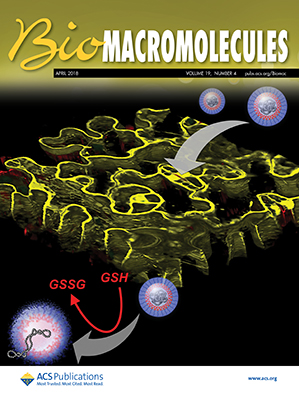炎症性肠病结果和研究中的性别和两性问题
IF 5.5
2区 化学
Q1 BIOCHEMISTRY & MOLECULAR BIOLOGY
引用次数: 0
摘要
患者的广泛异质性是炎症性肠病(IBD)治疗过程中的一项挑战。性和性别以及性和性别与其他社会身份的相互作用(称为交叉性)导致了这种异质性,并可能影响 IBD 的治疗效果。一个由临床医生、研究人员、患者以及性与性别专家组成的跨学科团队回顾了目前有关性与性别因素对 IBD 治疗效果影响的文献。该团队还调查了利益相关者在推进基于性别的 IBD 知识方面的作用,因为全面的研究还很少。在研究的组织和内容(如研究设计、参与者招募、数据分析、数据解释、数据传播和影响评估)中承认并整合性和性别,可以提高研究的有效性、相关性和适用性。这种性别创新有可能推动个性化医疗的发展,改善 IBD 患者的生活质量。本文章由计算机程序翻译,如有差异,请以英文原文为准。
Sex and gender in inflammatory bowel disease outcomes and research
Extensive patient heterogeneity is a challenge in the management of inflammatory bowel disease (IBD). Sex and gender, as well as the interaction of sex and gender with other social identities, referred to as intersectionality, contribute to this heterogeneity and might affect IBD outcomes. An interdisciplinary team of clinicians, researchers, patients, and sex and gender experts reviewed current literature on the effect of sex and gender dimensions on IBD outcomes. The team also investigated the role that stakeholders have in advancing sex-based and gender-based IBD knowledge, as comprehensive studies are scarce. Acknowledging and integrating sex and gender into the organisation and content of research (eg, study design, participant recruitment, data analysis, data interpretation, data dissemination, and impact evaluation) could enhance the validity, relevance, and applicability of research. Such gendered innovation has potential for advancing personalised medicine and improving the quality of life for people with IBD.
求助全文
通过发布文献求助,成功后即可免费获取论文全文。
去求助
来源期刊

Biomacromolecules
化学-高分子科学
CiteScore
10.60
自引率
4.80%
发文量
417
审稿时长
1.6 months
期刊介绍:
Biomacromolecules is a leading forum for the dissemination of cutting-edge research at the interface of polymer science and biology. Submissions to Biomacromolecules should contain strong elements of innovation in terms of macromolecular design, synthesis and characterization, or in the application of polymer materials to biology and medicine.
Topics covered by Biomacromolecules include, but are not exclusively limited to: sustainable polymers, polymers based on natural and renewable resources, degradable polymers, polymer conjugates, polymeric drugs, polymers in biocatalysis, biomacromolecular assembly, biomimetic polymers, polymer-biomineral hybrids, biomimetic-polymer processing, polymer recycling, bioactive polymer surfaces, original polymer design for biomedical applications such as immunotherapy, drug delivery, gene delivery, antimicrobial applications, diagnostic imaging and biosensing, polymers in tissue engineering and regenerative medicine, polymeric scaffolds and hydrogels for cell culture and delivery.
 求助内容:
求助内容: 应助结果提醒方式:
应助结果提醒方式:


